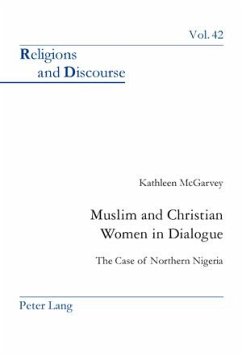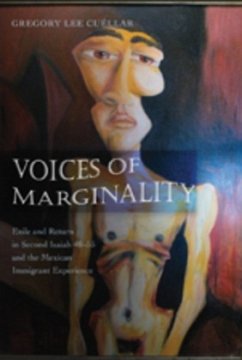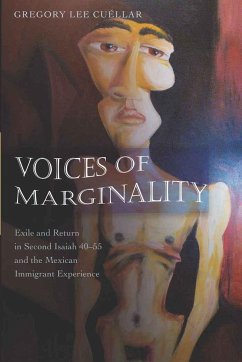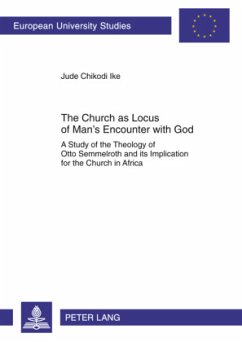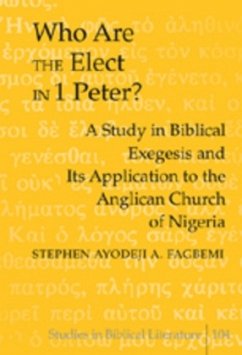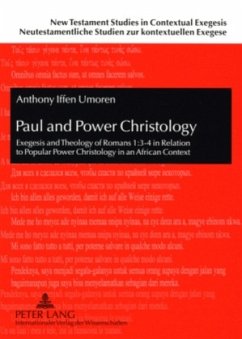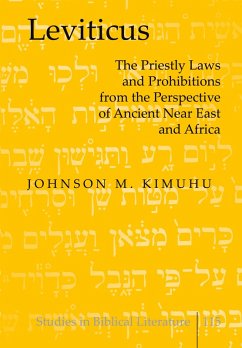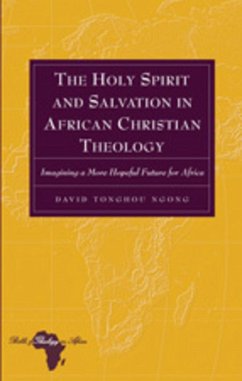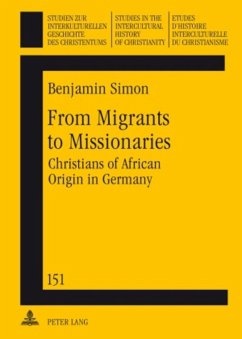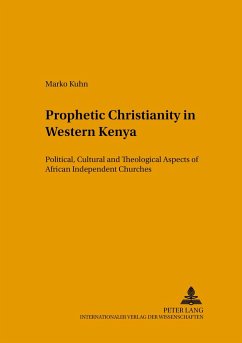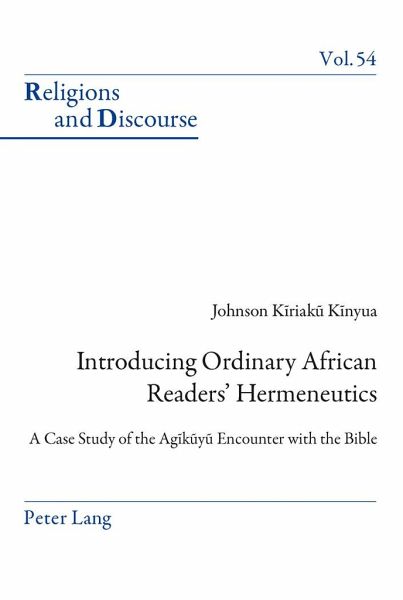
Introducing Ordinary African Readers' Hermeneutics
A Case Study of the Ag¿k¿y¿ Encounter with the Bible
Versandkostenfrei!
Versandfertig in 6-10 Tagen
84,50 €
inkl. MwSt.

PAYBACK Punkte
0 °P sammeln!
This book introduces the concept «ordinary African readers' hermeneutics» in a study of the reception of the Bible in postcolonial Africa. It looks beyond the scholarly and official church-based material to the way in which the Bible, and discourses on or from the Bible, are utilized within a wide range of diverse contexts. The author shows that «ordinary readers» can and did engage in meaningful and liberating hermeneutics. Using the Ag k y 's encounter with the Bible as an example, he demonstrates that what colonial discourses commonly circulated about Africans were not always the «trut...
This book introduces the concept «ordinary African readers' hermeneutics» in a study of the reception of the Bible in postcolonial Africa. It looks beyond the scholarly and official church-based material to the way in which the Bible, and discourses on or from the Bible, are utilized within a wide range of diverse contexts. The author shows that «ordinary readers» can and did engage in meaningful and liberating hermeneutics. Using the Ag k y 's encounter with the Bible as an example, he demonstrates that what colonial discourses commonly circulated about Africans were not always the «truth», but mere «representations» that were hardly able to fix African identities, as they were often characterized by certain ambivalences, anxieties and contradictions. The hybridized Biblical texts, readings and interpretations generated through retrieval and incorporation of the defunct pre-colonial past created interstices that became sites for assimilation, questioning and resistance. The bookexplores how Africans employed «allusion» as a valid method of interpretation, showing how the critical principle of interpretation lies not in the Bible itself, but in the community of readers willing to cultivate dialogical imagination in order to articulate their vision. The author proposes an African hermeneutical theory, which involves the fusion of both the «scholarly» and the «ordinary» readers in the task of biblical interpretation within a specific socio-cultural context.





